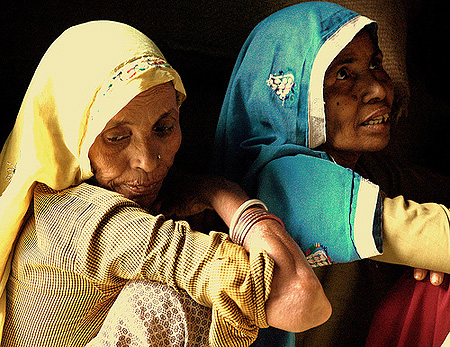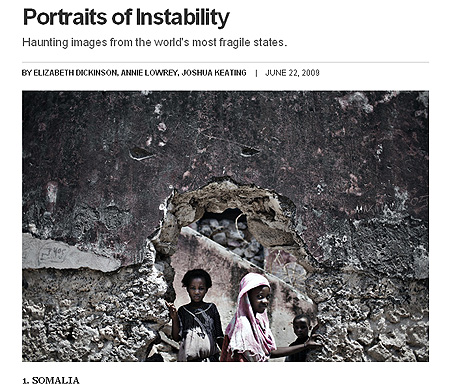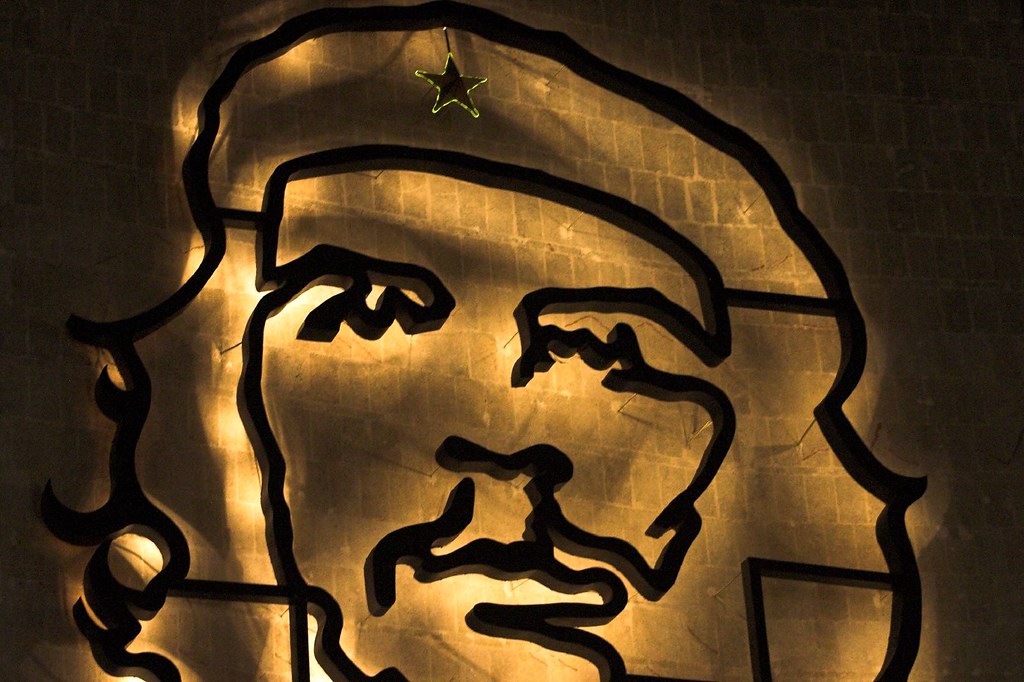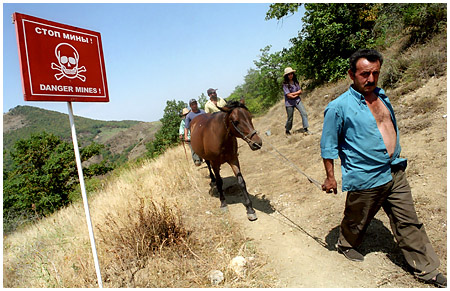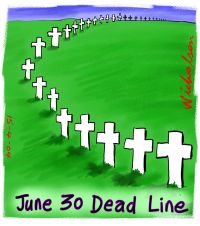
Regardless of whether Obama or McCain won last year’s US presidential elections, today’s event would have taken place either way. Today, Iraq is celebrating “National Sovereignty Day.” The date for today’s US combat troop withdrawal from all Iraqi cities, towns and villages was agreed upon by the Bush administration and the Iraqi government headed by Prime Minister Nuri al-Maliki, who was overly eager to see US combat troops leave (and take credit for it).

